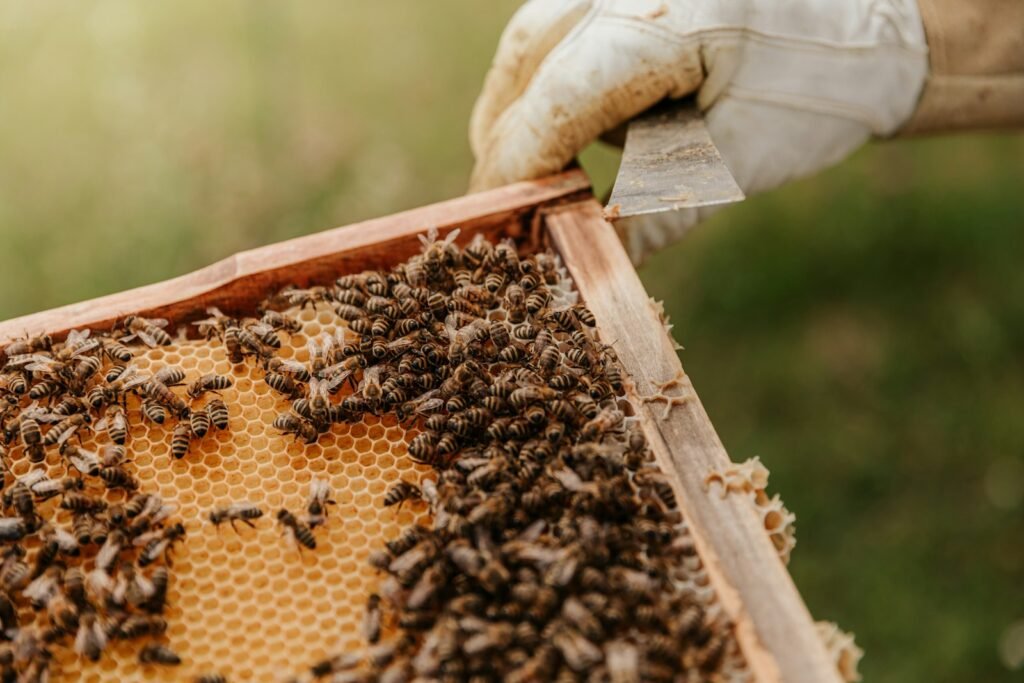Biodiversity loss refers to the decline in the variety and variability of life forms on Earth, an issue widely recognized as a significant environmental challenge. This phenomenon encompasses the reduction in species numbers and the deterioration of ecosystems. The implications of losing species are far-reaching, influencing not only ecological dynamics but also human health and societal well-being. To appreciate the gravity of biodiversity loss, it’s crucial to understand its impact on ecosystems and human health, as well as the interconnectedness of all forms of life.
The Role of Species in Ecosystems

Every species, regardless of its size or perceived importance, plays a unique role in maintaining the balance of its ecosystem. These roles include being part of food chains, facilitating nutrient cycling, and providing habitat for other organisms. When a species disappears, it can create a ripple effect through the ecosystem. For example, the loss of a keystone species—a species that plays a critical role in holding an ecosystem together—can lead to a cascade of extinctions and ecosystem instability.
Impacts of Species Loss on Ecosystem Functioning

The loss of species can significantly impair ecosystem functions. Ecosystems with reduced biodiversity tend to have greater fluctuations in ecosystem processes, such as productivity and decomposition. This instability can lead to reduced resilience to environmental changes such as climate variability and extreme weather events. With fewer species, ecosystems may also lose the ability to regulate pests and diseases, further undermining their health and stability.
Consequences for Food Security and Agriculture

Healthy ecosystems are vital for food production. They ensure pollination of crops, nutrient cycling in soils, and pest control. The loss of species, particularly pollinators like bees, can have devastating effects on agriculture and food security. With fewer pollinators, crops may yield significantly less, leading to shortages in food supply and increased prices. Moreover, the decline of biodiversity can reduce the availability of genetic resources needed to develop new, resilient crops, making agriculture more vulnerable to climate change.
Human Health and Biodiversity

Biodiversity also plays a direct role in maintaining human health. Many medicines are derived from natural compounds found in plants and animals. The loss of these species could mean losing potential cures or treatments for various diseases. Moreover, ecosystems with high biodiversity can reduce the emergence and spread of infectious diseases. Diverse ecosystems can limit the transmission of pathogens by maintaining balanced predator and prey dynamics, diluting pathogens across many species, and reducing direct human exposure to disease vectors.
Climate Regulation and Biodiversity

Biodiversity is a critical component in the regulation of the Earth’s climate. Forests, for example, are major carbon sinks that help mitigate climate change by absorbing carbon dioxide from the atmosphere. The decline in biodiversity affects the capacity of ecosystems to sequester carbon effectively, intensifying the impacts of climate change. Additionally, diverse ecosystems tend to be more resilient to climatic disturbances, playing a crucial role in protecting human communities from extreme weather events.
Cultural and Ethical Considerations

Biodiversity is also integral to many cultural identities and practices. The loss of species can disrupt traditional ways of life and erode cultural heritage. Moreover, ethical considerations arise regarding the intrinsic value of species and the moral responsibility humans have to preserve the planet’s biodiversity for future generations. These cultural and ethical dimensions highlight the profound non-material values attached to biodiversity.
Conclusion: Taking Action for Biodiversity Preservation

The loss of species has profound implications for ecosystems and human health, affecting everything from ecological stability to food security, medicine, climate regulation, and cultural values. To mitigate these impacts, concerted efforts are needed to protect and restore habitats, reduce pollution, combat climate change, and implement sustainable resource management practices. By prioritizing biodiversity conservation, humanity can ensure the stability of ecosystems, the health of the planet, and the well-being of future generations.




